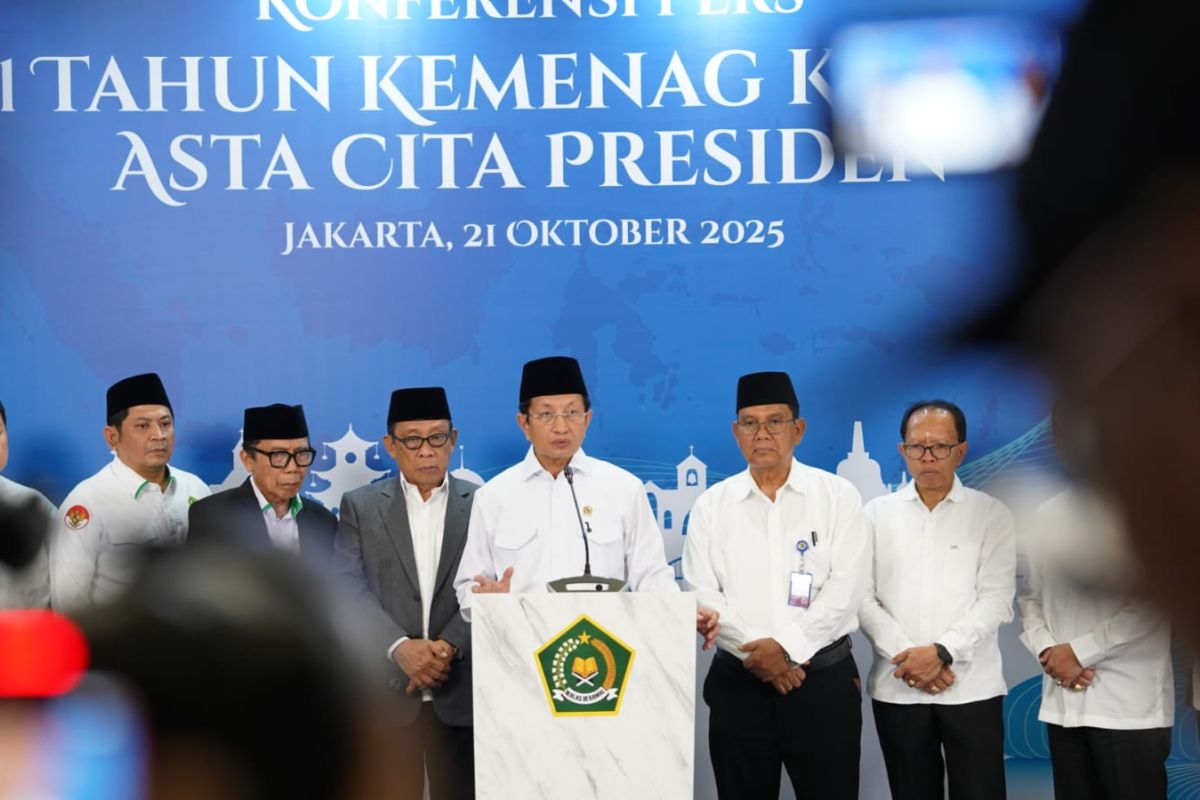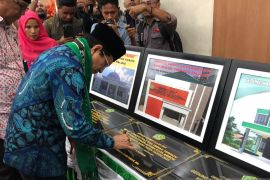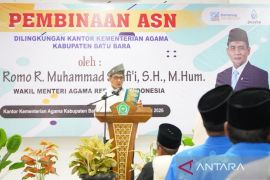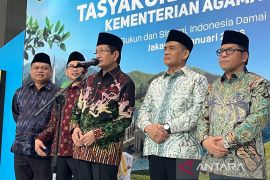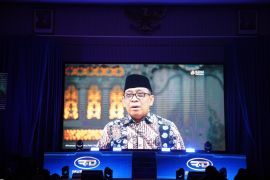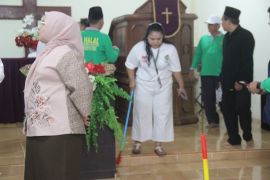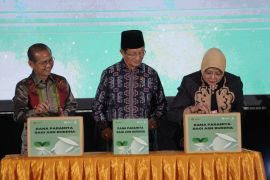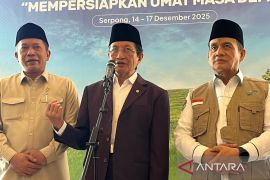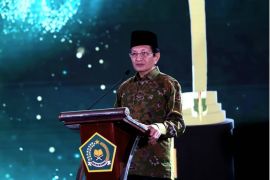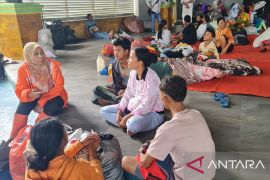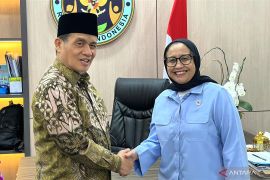Religious Affairs Minister Nasaruddin Umar said improving teachers’ welfare is key to strengthening religious education and shaping the nation’s character.
The monthly allowance for non-civil servant teachers has increased from Rp1.5 million (US$87) to Rp2 million (US$117).
Meanwhile, 206,325 teachers participated in the Teacher Professional Education (PPG) program, a 700 percent rise from last year. Over 5,000 lecturers at Religious Higher Education Institutions also joined the program.
“Teachers and lecturers who complete the PPG program will receive professional allowances starting next year,” Umar said.
The ministry is also broadening higher education access by awarding 156,581 KIP scholarships, 6,453 Indonesia Bangkit Scholarships, and 2,270 Outstanding Santri Scholarships.
Related news: Certification of teachers govt priority: Religion Ministry
These scholarships include 329 Indigenous Papuan students and 153 alms scholarship recipients across 21 state and private universities.
In the past year, the Smart Indonesia Program (PIP) helped 19,264 Christian Religious Education students, 161,591 Islamic boarding school students, and 1,469 Hindu Religious Education students.
Additionally, over Rp9 trillion was allocated for Raudlatul Athfal and Madrasah School Operational Assistance to improve learning quality.
Umar highlighted the establishment of Indonesia’s first state Confucian college, SETIAKIN, in Bangka Belitung, reflecting commitment to Confucian higher education.
The ministry also supports religious school revitalization through Sekolah Rakyat, Sekolah Garuda, and the Quick Best Results Program (PHTC). Two madrasahs were selected as Garuda Transformation Schools, and 1,414 Islamic schools were revitalized under PHTC.
“These efforts demonstrate our commitment to advancing religious and spiritual education,” Umar added.
Related news: Teachers instrumental in building multi-faith dialogue among pupils
Translator: Resinta Sulistiyandari
Editor: Rahmad Nasution
Copyright © ANTARA 2025
